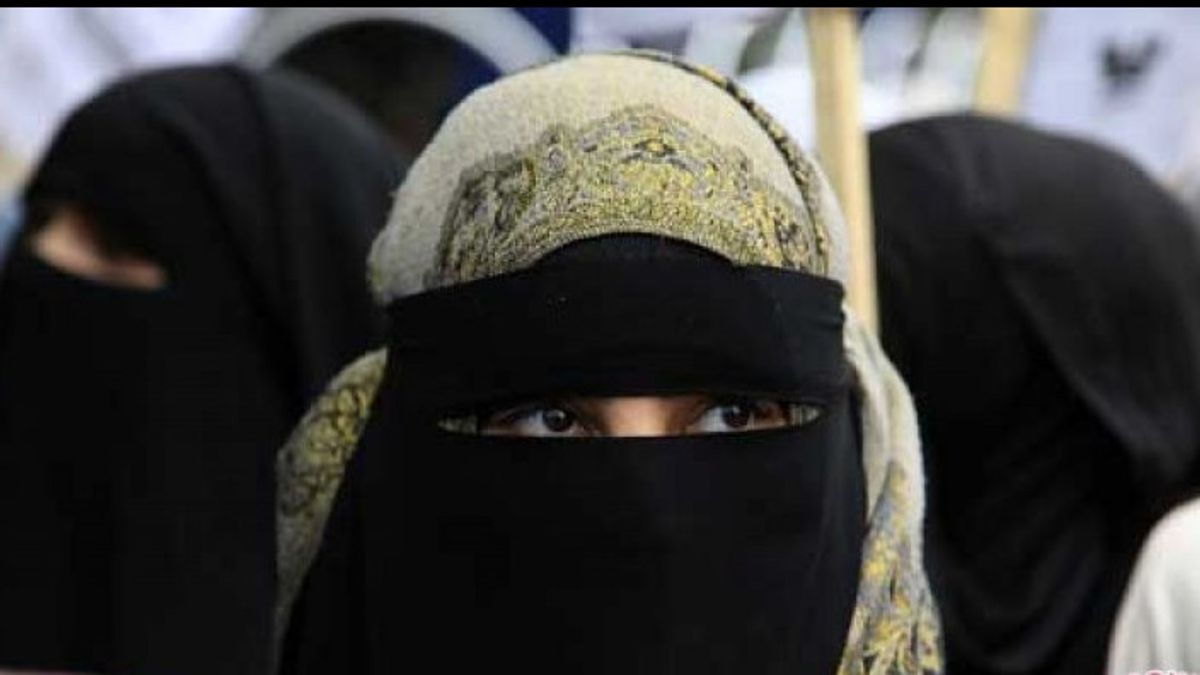JAKARTA - Turkey has condemned the European Union (EU) court's decision to allow a ban on the hijab under certain conditions as a "flagrant violation of religious freedom".
Turkey also said the EU move exacerbated prejudice against Muslim women in Europe.
The Luxembourg-based EU Supreme Court (CJEU) ruled on Thursday that companies in EU member states can ban their workers from wearing the hijab under certain conditions, if it is necessary to demonstrate neutrality to customers.
Turkey's foreign ministry said in a statement the regulation was a sign of growing fear of Islam at a time when European Muslim women are being targeted for discrimination because of their religious beliefs.
"The CJEU's decision, at a time when Islamophobia, racism and hatred that hold Europe hostage on the rise, ignores religious freedom and creates legal grounds and protections for discrimination," the ministry said.
On Saturday, Turkey's presidential communications director Fahrettin Altun condemned the move, saying "this wrong decision is an attempt to give legitimacy to racism."
The issue of the hijab, the traditional head and shoulder covering, has been the subject of debate across Europe for years.
Turkish President Tayyip Erdogan's Islamist-based AK Party, which came to power in 2002 and combines a pro-Western market approach and democracy, has been criticized by their Western allies in recent years for rising authoritarianism and religious intolerance.
The United States, Greece, Russia and church leaders last year expressed concern over the Erdogan government's move to turn Istanbul's historic Hagia Sophia into a mosque.
Responding to a question whether the ban on wearing the hijab in the workplace constitutes a violation of religious freedom, the CJEU said the ban was possible if it complied with the company's need to present a neutral image.
Relations between Ankara and the EU have been strained over a number of issues. Greece and Turkey dispute maritime jurisdiction and energy rights in the eastern Mediterranean.
The English, Chinese, Japanese, Arabic, and French versions are automatically generated by the AI. So there may still be inaccuracies in translating, please always see Indonesian as our main language. (system supported by DigitalSiber.id)













